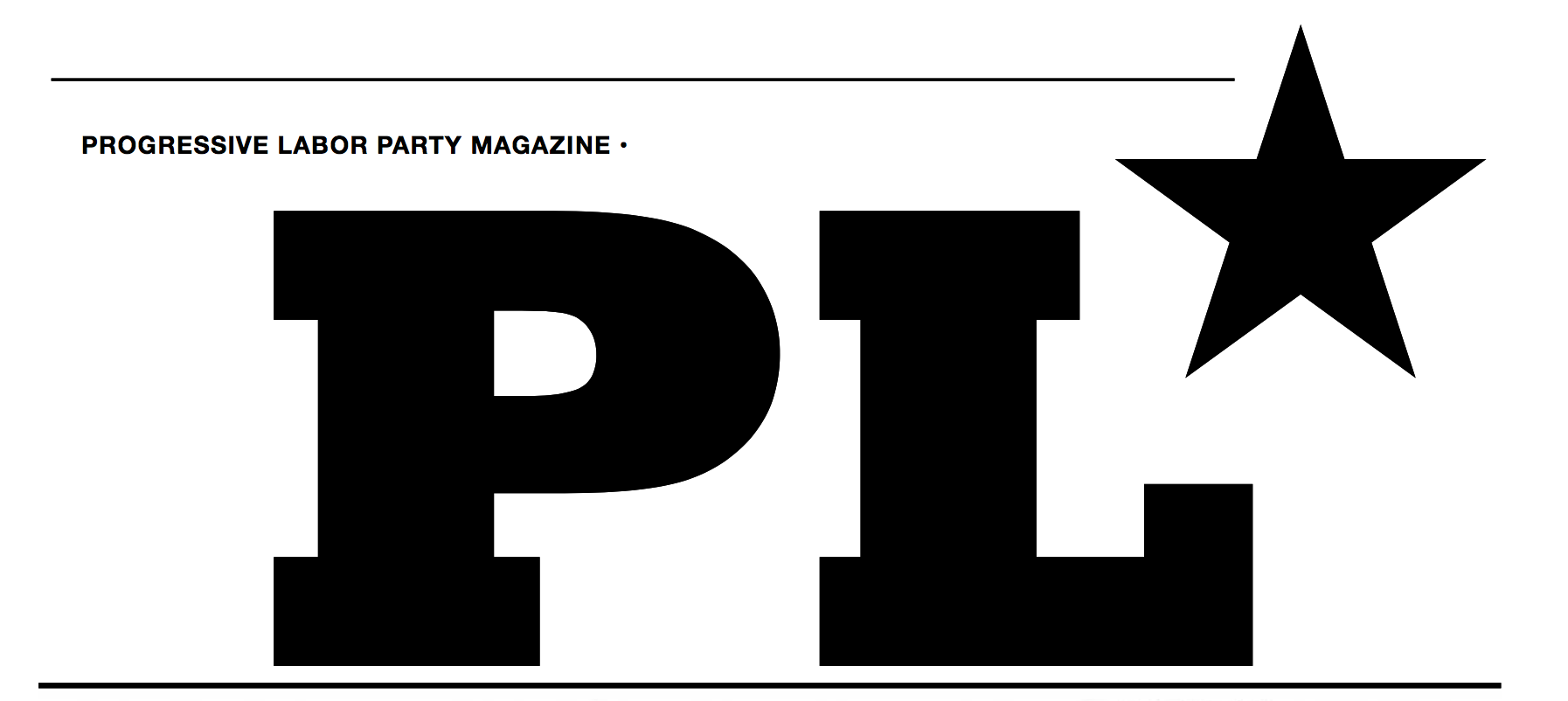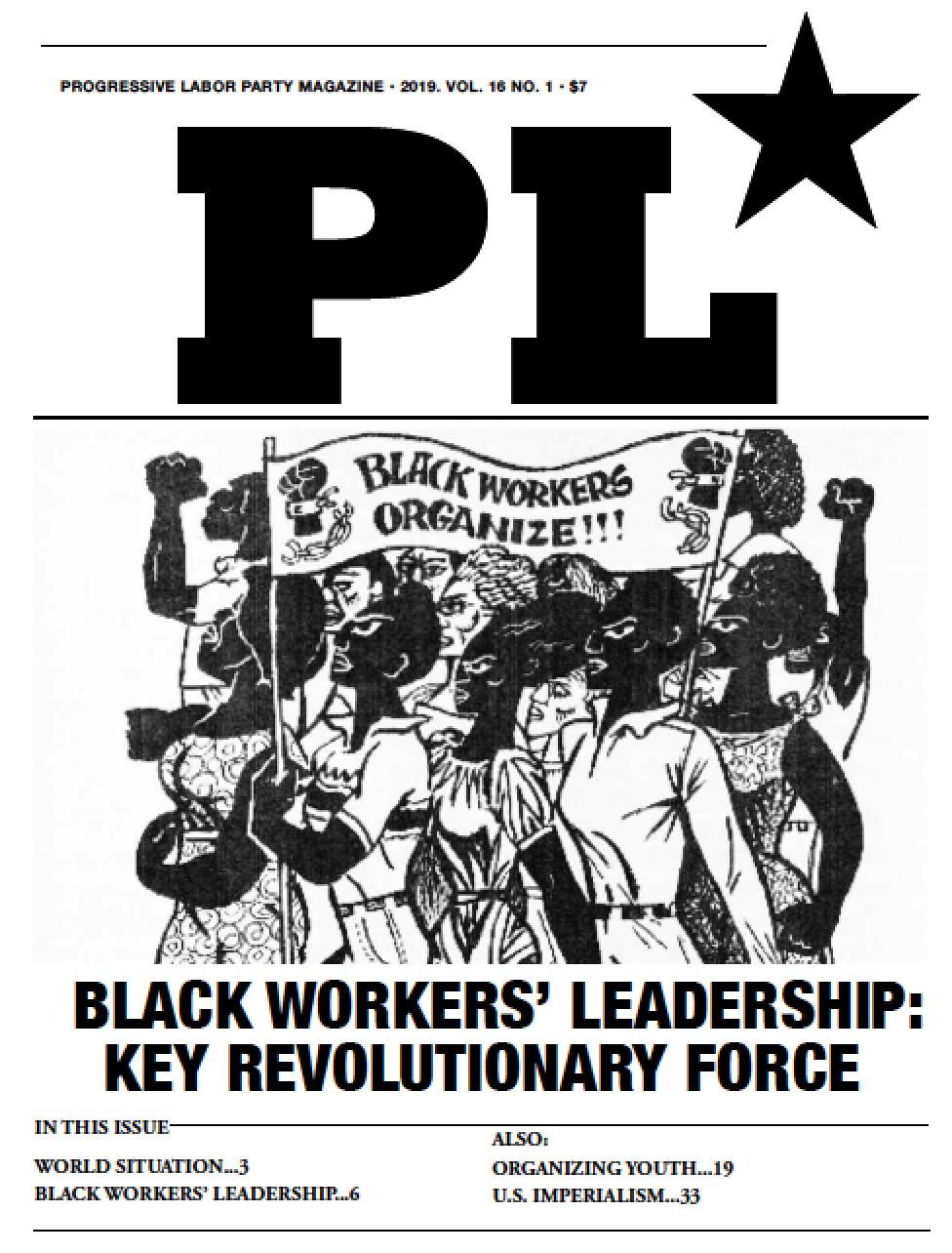Hiding U.S. Imperialism’s Carnage in Iraq is the Key to ‘The Hurt Locker’
 Friday, April 30, 2010 at 9:11AM
Friday, April 30, 2010 at 9:11AM “The Hurt Locker,” winner of six academy awards, follows a U.S. Army Explosive Ordnance Disposal (EOD) team during the Iraq War. William James, Owen Eldridge and J.T. Sanborn are members of a U.S. Army “Bravo” EOD unit. They contend not only with defusing bombs but the insurgency of the “enemy.” Advertised as a suspenseful picture, which is “near perfect,” audiences know in advance that Improvised Explosive Devices (IEDs) have killed many U.S. soldiers and thousands more Iraqis. Bigelow sets us up in a “perfect” omission of the reason for the U.S. Army being there in the first place. Soldiers are portrayed as life-saving heroes.
A quote that begins the film is from War Is a Force That Gives Us Meaning, by war correspondent Chris Hedges: “The rush of battle is a potent and often lethal addiction, for war is a drug.” The final scene, where James begins his new turn of hundreds of days, to leave his son and wife, speaks to irrational reenlistment. But the implied reasons for his returning to this war are much more compelling: the Iraqis are portrayed as the real fanatics and James as a complex character.
James is no stereotypical junkie-addict to violence. He forms a bond of affection with an Iraqi boy. He has a “good marriage” and a child of his own. He comes within inches of sacrificing his own life to save that of an Iraqi man who is unwillingly locked into a suicide bomb jacket. His only Post Traumatic Stress Syndrome seems to be that of compulsively wanting to return to the thrill of performing a useful, highly-skilled humanitarian mission. His motivation could as well come from the exhilarating feeling of being extremely productive, emphasizing a human element that begs for some meaning or purpose in life.
The film obliterates the real history of imperialist war. The hundreds of thousands of Iraqi workers murdered by the Clinton “sanctions” of the 1990s and the U.S. decade-long war of aggression are nowhere to be found. The imperialist drive to control oil resources is not an Oscar-winning subject.
Two scenes in particular highlight the insidious message of the film. Iraqis, in the very beginning, are shown to be as unpredictable an enemy as the IED’s. They watch, portrayed as a potentially dangerously vigil in the wreckage of Baghdad, surrounding the Bravo Unit as it attempts to “secure a safe street.” Iraqis become ominous, dismissing the reality that it is that country the soldiers are occupying.
A second more powerful episode occurs when a pitiful, unwilling “suicide bomber” pleads for his life so that he can return to his family. He is literally padlocked into his jacket filled with explosives so that he cannot escape. In one frozen moment, he is the symbol for many suicide bombers who are victims of a terrorist minority (or a sick Iraqi society) rather than motivated people intent on driving the U.S. invaders out. While terrorism as a political modus operandi serves only to murder the innocent, the terrorist acts of U.S. army officers, pilots of bombers and robot plane technicians upon civilian Iraqi’s, Afghanistan and Pakistan people never enter the lens of the director’s camera.
The message the media industry wishes to convey is that Oscars make a film worth seeing, and that enlisting in a cause worth fighting for can be satisfying as well as addictive enough for re-upping that enlistment. Hollywood is not interested in the communist motivation that empowered millions in the red armies of the USSR and China to smash fascism during World War II.
The history of working classes with communist leadership who have challenged capitalist wars of profit are left out entirely. Instead, we are encouraged to identify with the individualist acts of one soldier who appears to resolve the problems of war by dismantling one explosive device at a time. Hollywood can only offer mind-numbing defenses of U.S. wars of aggression from Rambo and The Deer Hunter (a racist Oscar-winning movie that portrayed Vietnamese workers as crazy gambling killers of U.S. “innocent” soldiers) to Blackhawk Down and now “The Hurt Locker.”





 Progressive Labor Party (PLP) fights to destroy capitalism and the dictatorship of the capitalist class. We organize workers, soldiers and youth into a revolutionary movement for communism.
Progressive Labor Party (PLP) fights to destroy capitalism and the dictatorship of the capitalist class. We organize workers, soldiers and youth into a revolutionary movement for communism.




Reader Comments (3)
Why criticize the movie when it wasn't the director's intention to uncover US imperialism's carnage in Iraq?
Unless a person is a communist, all artists, in all forms of media, must adhere to the limitations, the omissions, insufficient and/or distorted facts, illogical or irrational statements, and of course, the racism, sexism, and other poisons employed by capitalism to prepare, carry out and maintain imperialism. So, the people involved in placing The Hurt Locker before audiences had no choice. This last statement in NO way defends or supports this movie. I see it for what it is: support for US imperialism.
I grew up watching WW II movies. John Wayne movies. Macho men, no women, performing with gusto, liberally saturated with rugged individualism and patriotism. The enemy many times shown to be untrustworthy, mentally mad, inhumanly sadistic and this mostly true, especially in WWII. But, what about the Korean War? Yes, very similar to the US military and its many atrocities.. The history of US war movies clearly shows all of the above elements in chronological and consistent fashion. In recent decades a few movies have shown some glimpses of truth about US military affairs over the past 200 plus years. I urge comrades and friends to check out these movies, as well as in other forms of media. And, if already seen, to revisit these works. The Hurt Locker continues in the footsteps (now a deep rut of a sewer) of the US history of war films.
So, no surprise. Communists and friends should use this film (even if it hurts) to discuss the points necessary to not only continue to uncover the the fact that capitalism needs to continue controlling all forms of media put before the working class, but to realize, given this fact that our alternatives in the form of response to these poisons is a united international working class armed to achieve our goal: communism.
The director or producer (both?) of Hurt Locker is the ex-wife of the director of the movie Avatar. This movie showed flickers of imperialism, albeit skewed. Still, a movie to discuss among friends as it shows some typical methods of imperialism in the process of conquest for raw materials and profit. The Hurt Locker has none of the points.
Lastly, there remains much more to discuss about these and related points. Many people should become involved in this discussion and the larger one of capitalist versus working class culture. So, let us add to this incomplete entry.
dear reader,
because that's not up to the director, but the "independent" studio. in this case voltage pictures and a director (ex-wife of james cameron) whose previous film was the steaming pile of shit K-19 widowmaker. (in her defense point break wins in my books in the dual category of best surf/ bank heist flick.)
the bosses like hurt locker not because it's suspenseful and entertaining (it is) but because it doesn't confront the reality of racism- apart from a few suggestive remarks sprinkled in for good measure. on the big screen US imperialism's racist carnage remains a hidden story.
meanwhile workers in iraq and central asia still burn while bigelow is one of time's 100 most influential people in 2010.
whoever pays the piper picks the tune.